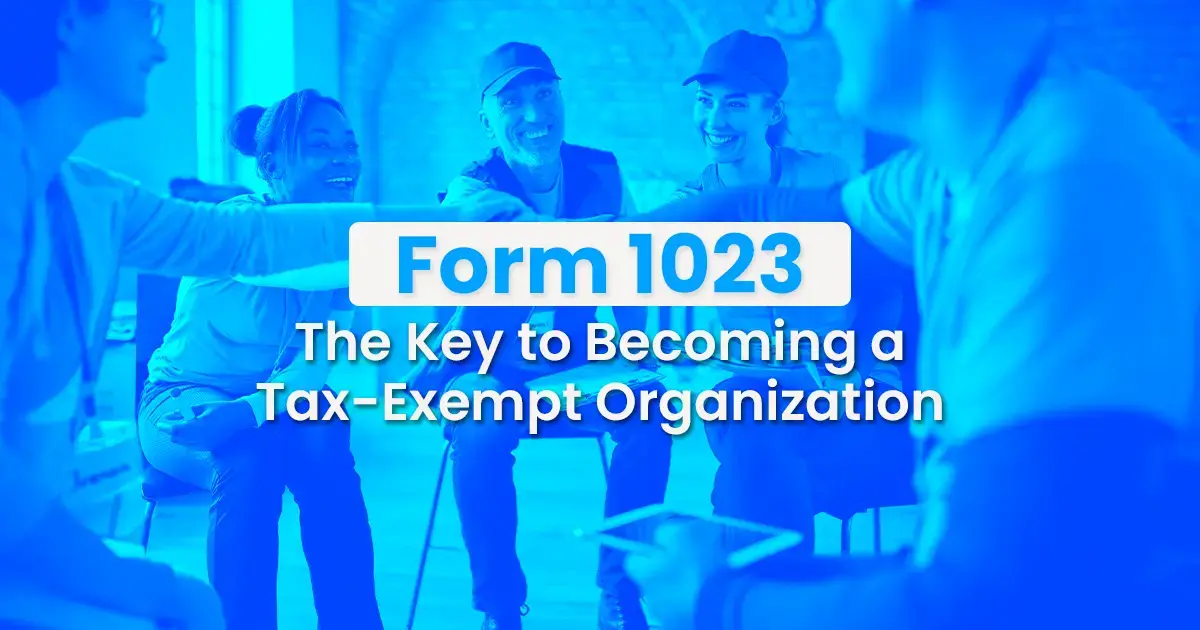Tax Preparation and Bookkeeping for Non-profits

Non-profit Organization Tax & Bookkeeping Services
Non-profit organizations are held to the highest levels of scrutiny from donors, the government, the media, and more. They want to see if a non-profit’s paperwork, taxes, and other materials are in order. And if they’re not, there could be serious consequences.
That’s why so many non-profits work with 1─800Accountant. We specialize in helping non-profits with setup, bookkeeping, and more. Our accountants will guide you through important requirements, best practices, help file your 501c(3) application, and educate you on critical tax compliance standards.

Non-Profit Tax Preparation
Non-profit taxes can be complicated. Our experts make it easy.
Non-Profit Know-How
Our expert CPAs are familiar with state and federal laws that affect non-profits.
Non-Profit Filings
We help maintain your tax-exempt status by ensuring your filings and books are up to date.

Discussing your business taxes with 1-800Accountant is quick and easy:
- Set up a time for us to give you a call.
- Tell us what’s going on with your business.
- Get matched with an accountant who knows your industry & local regulations.

Non-Profit Tax Form 990
Tax-exempt organizations must submit an information return to the IRS annually. This information helps the IRS accumulate data pertaining to these organizations and educates them about relevant tax laws and compliance standards. States and the public will also use these reports for oversight and informational purposes. Tax-exempt organizations will primarily use IRS Form 990 to transmit this information. Variants of this form include IRS Form 990-N for smaller organizations grossing less than $50,000 annually, IRS Form 990-EZ for organizations grossing less than $200,000 annually with assets less than $500,000, and IRS Form 990-PF for private foundations.
Working with a professional CPA ensures your non-profit’s annual information return is complete and correct, which avoids IRS penalties and confusion among prospective donors and the general public.

Section 501(c)(3)
Organizations described in section 501(c)(3) are commonly referred to as charitable organizations. "Charitable" is used as a catchall term for organizations that might exist to help the less fortunate in society, advance a religion, defend human rights, and other activities that attempt to bring about or continue positive change. Most organizations described in section 501(c)(3) are eligible to receive tax-deductible contributions in accordance with Code section 170.

Form 1023
IRS Form 1023 is used by organizations to apply to be exempt from paying federal income tax under section 501(c)(3).Navigating the ins and outs of IRS Form 1023, which must be filed electronically, can be complicated if you’re not working with a professional experienced in the non-profit space. Our non-profit experts will ensure your submission is correct and complete, helping your organization achieve the tax-exempt status you seek.

Tax Services for Non-profits
Accounting and bookkeeping are vital processes non-profits use to ensure their financial information is accurate and complete. The function of bookkeeping is to ensure that all financial data is properly recorded. Accountants use the financial information compiled by bookkeepers to produce financial reports. These reports are designed to help non-profits better understand their profitability, cash flow, and financial path. Tax Services for Non-profit.
- Expert Form 990 Completion
- Public support test calculations
- analysis of unrelated business income (UBI) taxes and UBI activities cost allocations
- private foundation tax analysis
- strategic tax planning
- research tax implications of alternative investments
- organizational structure consulting

Non-profit Accounting FAQs
The general equation used to calculate a non-profit balance sheet, called a Statement of Financial Position, is “liabilities + net assets = assets.” While it may seem simple, it’s recommended that you work with a tax professional familiar with navigating financial reporting in the non-profit space.
For non-profits it is not called a balance sheet, it’s called a Statement of Financial Position. It’s similar to a balance sheet, but the name is different.
A non-profit organization can earn income, but the profits must not benefit private individuals internally, unlike a for-profit organization.
Non-profit tax returns are due May 15th each year unless that due date falls on a weekend. The modified date usually falls on the Monday after.
If your non-profit used contract workers or vendors to work for your organization during the year, you must submit a Form 1099 to the IRS. If you have not utilized these services during the year, you do not need to submit a Form 1099.



